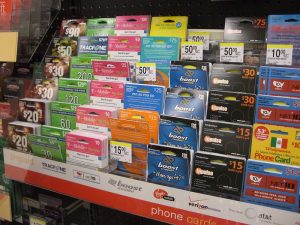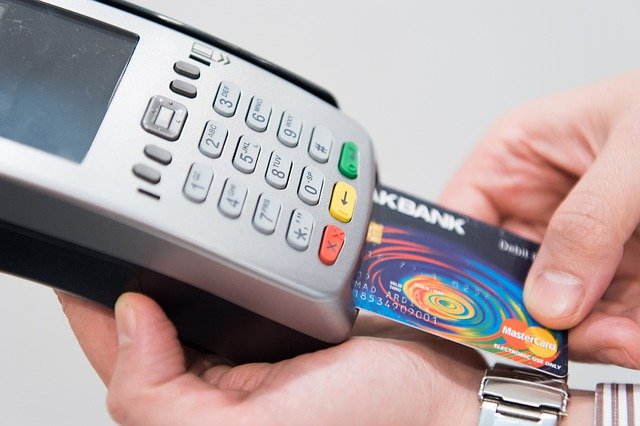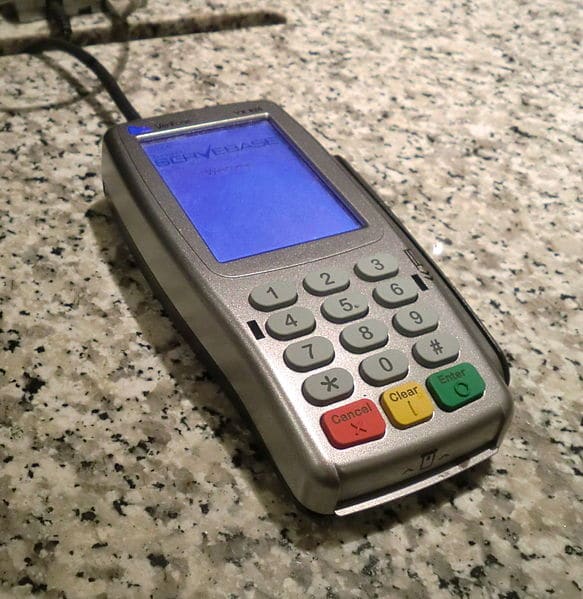Everything Merchants Need to Know About Prepaid Cards
Last Updated on April 29, 2020 by
Prepaid cards — credit cards, debit cards, or gift cards — are becoming increasingly popular among consumers, because they’re versatile and convenient. They make it possible for parents to provide spending money to their kids, but give them a sense of control of their children’s spending and their ability to monitor their spending. They’re also a way for people with past bad credit histories to rebuild their credit so they can graduate to better credit products. And younger Millennials are driving the use of prepaid cards as well.
A recent Payments Journal article explained why merchants need to start accepting and embracing prepaid cards as another form of payment.
What are Prepaid Cards?

The consumer is able to use that card wherever those types of cards are accepted. This can be in the form of a gift card, which means the card is only accepted at that merchant. However, major credit card networks, Visa, MasterCard, Discover, and AMEX, all have their own prepaid cards, so you can still benefit from that brand and its wide acceptance.
Consumers don’t need a bank account or a credit check to get a prepaid card, which means people who are normally underbanked can accept payments and gifts from others and just deposit them in the card. And because they function just like a credit card, they can be used in the same way without anyone knowing what they actually are. Prepaid credit cards can even withdraw cash at an ATM and they provide a little extra financial security in case the card is stolen or lost.
Why Prepaid Cards Are So Popular
Younger Millennials and older Gen Z are embracing prepaid cards more than other demographics for a number of reasons, says Payments Journal.
For one thing, they’re safer than carrying cash. If you lose your cash, it’s gone. But if you have a prepaid card, you can always go online or use card’s app and report it lost or put a freeze on the card and then just transfer the funds to another card or account.
There’s extra security for prepaid cards. If a consumer registers the card with the issuing company or bank, they’re covered by the same laws that require companies to carry out investigations of any unauthorized charges or errors. This includes any instances of someone using a stolen card before it can be shut off.
It’s easier to manage money. Young people who are still learning budgeting and managing their money can get themselves into a lot of trouble when they get their first credit card. They overspend, reach their limit, and then spend the next several years paying it off. With a prepaid card, they can spend until they run out of money, but they don’t owe anyone anything after it’s all gone. They’re not in debt, and they’re not paying interest or fees.
You can tie alternative financial services into prepaid cards. For unbanked and underbanked people, the last few years have been a boon to them. They can send and receive money using PayPal, Venmo, or any other alternative payment portal. Plus, they can transfer money in those accounts into their debit cards with only a nominal charge, even without a bank account.
This helps them avoid the predatory lenders and money changers, like check cashing services, bill paying services, and payday loans. Prepaid cards can help people pay their bills online without resorting to any of these predatory services or paying high bank fees.
As a retail or ecommerce merchant, it’s in your best interest to be able to take prepaid cards of all kinds, and Corepay can help you do that. For more information, please visit our website or call us at (866) 987-1969.
Photo credit: 22n (Flickr, Creative Commons 2.0)
We appreciate you following Corepay’s blog. Let’s collaborate, send us your article suggestions, questions, and/or feedback to: [email protected].




